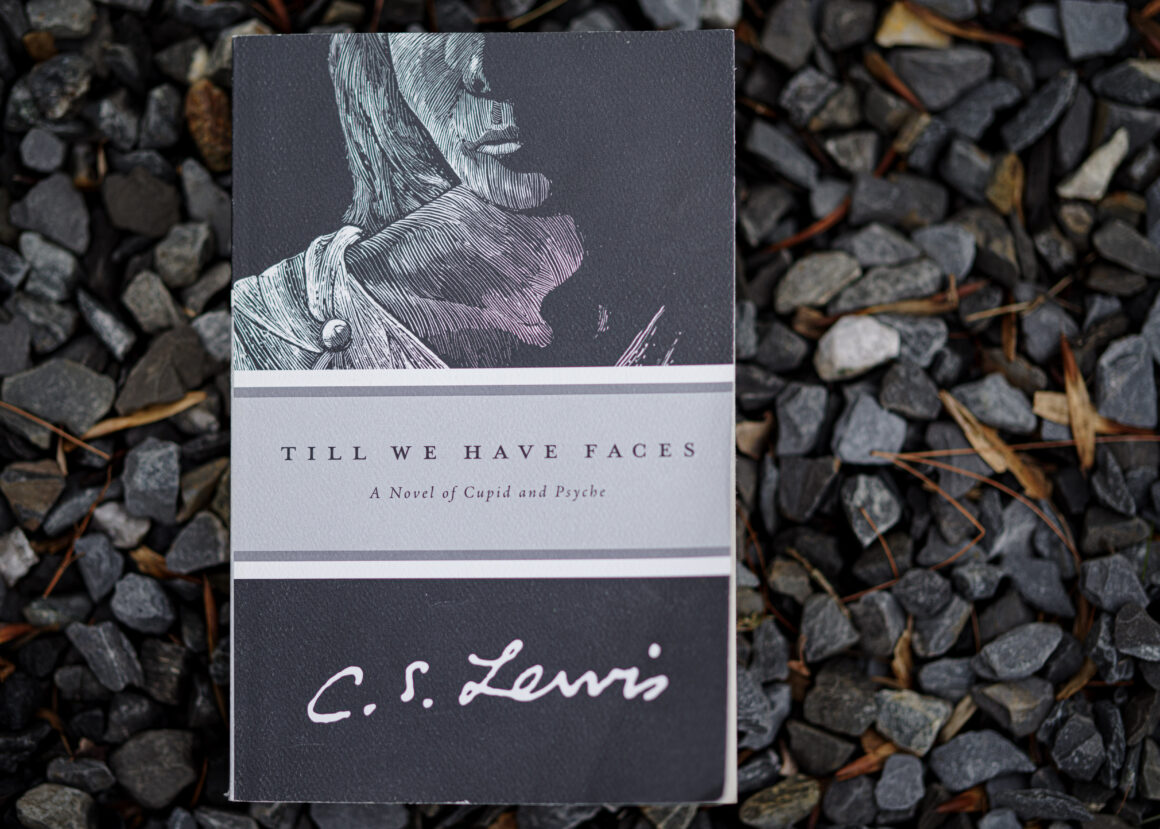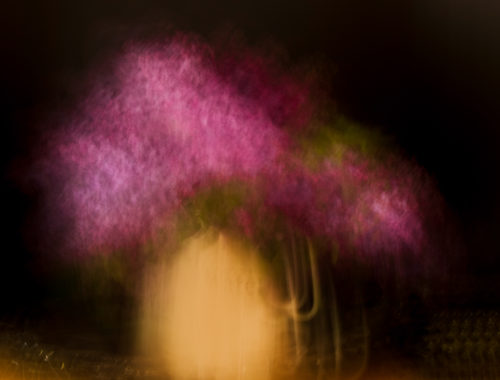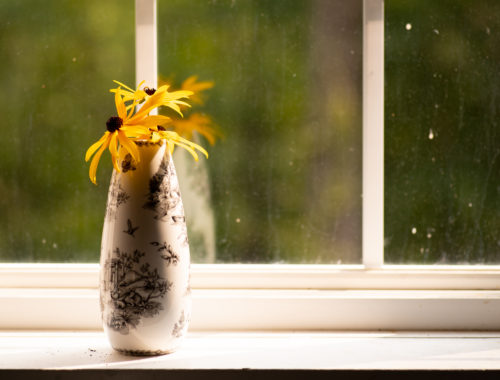
Out in the Cold
C.S. Lewis retells the myth of Cupid and Psyche in his powerful novel Till We Have Faces. This is my second reading of the book, and everything’s different for me now that I’ve moved my starting point and see clearly that we should be asking questions, not looking for answers.
Lewis’s story is told by Orual, Queen of Glome, and she presents her tale so the reader can judge between her and the gods. She is looking for affirmation and a pat on the back for doing the right thing. Her beloved younger sister Psyche was sacrificed by the priest of Glome’s resident goddess, Ungit, with the coerced consent of the king (priests have always had more power than kings), and the enthusiastic approbation of Glome’s people.
There was a crisis, you see—actually, more than one: plague, famine, bad weather, the possibility of war (no high gas prices, though), and sacrificing Psyche to the god on the mountain, who is known only as the Shadowbrute, was necessary to stop all the suffering. The priest and his nubile young ladies drug Psyche, paint her up like a tart, and convey her up the mountain, where she is chained to the sacred tree, so the Shadowbrute can take her and do with her what he will. And, apparently, that was a good idea, because, lo and behold, rain comes the next day, the long sickness ends, and Glome’s enemy is suddenly faced with a challenge that turns its attention.
When Orual is recovered enough from the beating her father, the king, inflicted because she opposed the sacrifice, she and a compassionate soldier in the king’s guard travel up the mountain to collect Psyche’s bones and bury them. There are no bones, though. After finding nothing but empty chains, Orual and the soldier, Bardia, look around. They soon come to a valley and see Psyche, as healthy and beautiful as ever but dressed in rags, standing on the other side of the river. Orual crosses the water and is treated to food and drink and Psyche’s story of a god in the form of the West Wind removing her from the chains, carrying her to a beautiful crystal palace, where she is fed, bathed, dressed in queenly garments, and visited every night by an unseen lover.
“Have done with it, Psyche,” I said sharply. “Where is this god? Where the palace is? Nowhere—in your fancy. Where is he? Show him to me? What is he like?”
… “Oh, Oural,” she said, “not even I have seen him—yet. He comes to me only in the holy darkness. He says I mustn’t —not yet—see his face or know his name. I’m forbidden to bring any light into his—our—chamber.”
Then she looked up, and as our eyes met for a moment I saw in hers unspeakable joy.
“There’s no such thing,” I said, loud and stern. “Never say these things again. Get up. It’s time—”
“Oural,” said she, now at her queenliest, “I have never told you a lie in my life.” …
“No, you don’t mean to lie. You’re not in your right mind, Psyche. You have imagined things.” …
“If it’s all my fancy, how do you think I have lived these many days? Do I look as if I’d fed on berries and slept under the sky? Are my arms wasted, have my cheeks fallen in?”
I would, I believe, have lied to her myself and said they were, but it was impossible. From the top of her head to her naked feet she was bathed in life and beauty and well-being. It was as if they flowed over her or from her. It was no wonder that Bardia had worshipped her as a goddess.
As Bardia and Oural make their way down the mountain, having left Psyche behind, Oural asks Bardia what he thinks.
“Bardia,” I said, “do you think my sister is mad?”
“Look, Lady,” he answered, “there at your very first word you say what’s better unsaid. Mad? The Blessed—mad? Moreover, we’ve seen her and anyone could tell she was in her right mind.”
Back at home, Oural tells her tutor, “the Fox,” more of a father to her and her sister than the king ever was, Psyche’s story.
“Alas, alas, poor Psyche!” said the Fox. “Our little child! And how she must have suffered!” …
“You, think, then, she’s mad, for certain?”
He darted a quick glance at me. “Why, daughter, what then have you been thinking?”
“You’ll call it folly, I suppose. But you weren’t with her, Grandfather. She talked so calmly. There was nothing disordered in her speech. She could laugh merrily. Her glance wasn’t wild. If I’d had my eyes shut, I would have believed her palace was as real as this.”
“But, your eyes being open, you saw no such thing. … Oh, child, child, child, when shall I have washed the nurse and the grandam and the priest and the soothsayer out of your soul?”
That’s all I’ll give you. What do you think will happen? Will Oural leave Psyche to her beyond-earthly joy, or will she be unable to overcome all the training in logic and “science” she has received since childhood, putting her trust in something other than her five senses and rejecting the fears and pressures exerted by the man who has molded her? If you are familiar with the Cupid and Psyche myth, you’ll know the answer. If you have enough experience with stories, you’ll know the answer. The book is worth reading, anyway.




